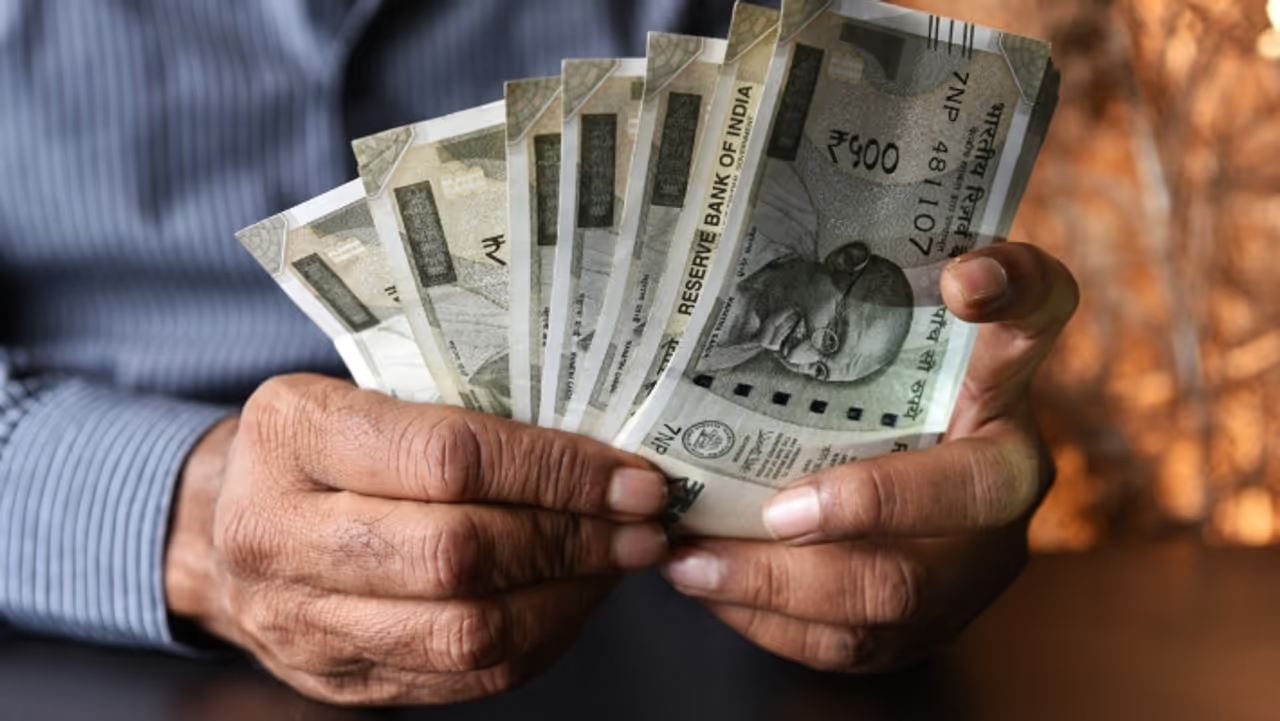7 simple strategies to clear your debts faster
This article provides seven effective strategies to manage and eliminate debt. From understanding your financial situation to exploring additional income sources and reducing unnecessary expenses, these tips can help you regain control of your finances and achieve financial freedom.

Struggling with debt can feel overwhelming, but with the right approach, you can take control of your finances and eliminate your debts faster than you might think. In this guide, we’ll share seven easy tips to help you reduce your debt and work toward a future of financial freedom. Whether you're dealing with credit card balances, loans, or other debts, these practical strategies will empower you to tackle your debt head-on and achieve lasting relief.

1. Financial Clarity is Key
Many of us make the mistake of spending without proper accounting. Instead of doing that, gain a thorough understanding of your income, expenses, and debt details. We often take on more debt than we can handle during emergencies. Similarly, we borrow to meet small, immediate needs.
Keep track of all these and clearly write down the total amount of debt you have. Similarly, if you are an employee, know how much salary you receive. Get clarity on whether you have any other sources of income or not. This will give you a complete understanding of your total income and expenses.
2. Identify Debts to Pay Off First
First, it is very important to clearly understand how many types of loans you have. It is important to pay off high-interest debts first. Eliminating high-interest debts reduces the burden.
Also, focus on debts that need to be paid off quickly. Understand the needs of those who have given you loans and try to repay the loan as promised. Otherwise, they will lose faith in you. They will not give you a loan again if you need it.
3. Explore Additional Income Sources
You can repay loans faster by generating side income in addition to your regular income. To do this, you need to know how much free time you get daily. Find out what work you can do during that time to earn extra income. These days many work-from-home jobs are available. Choose a job that suits your qualifications. Choose only what you can do. Plan to earn more income in less time.
Now small-scale industries are also giving good returns. If you have an idea to do business, start it yourself. You can do many small-scale industries with less investment and more profit. Focus on such things. If you are unable to do it yourself, get it done by your family members at home.
4. Reduce Expenses
By reducing unnecessary expenses, you will have the opportunity to repay a large amount of debt. Unnecessary expenses mean buying clothes even if there is no occasion, traveling unnecessarily, buying electronic goods, etc. These waste money and do not yield any profit. It is especially important to reduce such unnecessary expenses until the debts are paid off.
5. Consider Debt Consolidation
Consolidating your various loans into one type of loan can reduce the burden of interest rates. For example, let's say you took out a personal loan from one bank. Suppose you took a car loan from another bank. These banks charge interest rates separately. Usually, up to 14 percent interest is charged on personal loans.
Therefore, some banks provide the facility of combining these two loans into one bank. Identify such things and choose the facility of combining two loans in one bank and reduce the burden of interest rates.
6. Create a Systematic Plan
Decide in advance how much debt you want to repay each month. Follow that plan regularly. For this, you need to be clear about your income and expenses. For example, if you earn 100 rupees, just as we set aside some for household needs and some for hospital expenses, we should also set aside some amount every month to repay loans. If you calculate systematically like this, the burden of debt will not seem so heavy. In a few days, our debts will decrease rapidly without our knowledge.
7. Take New Loans Only in Emergencies
Don't take out loans again and again just because you are paying off your debts. If the debts have already become burdensome, keep reminding yourself from time to time how much of an emergency it was that made you take out these loans. And if you face an emergency where you need to take out a new loan, don't go back to the loan again. Otherwise, there is a risk of getting unnecessary thoughts due to the burden of debt. Currently, many young people are facing difficulties by taking out loans on top of loans.
Stay updated with all the latest Business News, including market trends, Share Market News, stock updates, taxation, IPOs, banking, finance, real estate, savings, and investments. Track daily Gold Price changes, updates on DA Hike, and the latest developments on the 8th Pay Commission. Get in-depth analysis, expert opinions, and real-time updates to make informed financial decisions. Download the Asianet News Official App to stay ahead in business.